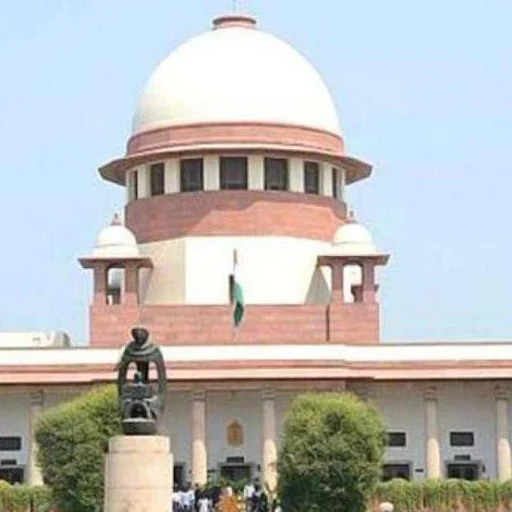A committee involved in the Krishna Janmabhoomi-Shahi Idgah mosque dispute in Mathura has urged the Supreme Court to stop the central government from further delaying the case. This request comes after the government repeatedly asked for more time to file its response, despite previous extensions. The core of the issue is the Places of Worship Act of 1991, which aims to protect the religious nature of places of worship as they were in 1947.
However, the petitioners in the case argue that the Mathura site is an exception, as they believe it holds great historical significance for Hindus as the birthplace of Lord Krishna. The committee, which is overseen by the Allahabad High Court, is concerned about the delays caused by the government’s repeated requests. The main question is whether the Places of Worship Act should apply here, especially given claims that the mosque was built on a sacred Hindu site. Some Hindu groups are pushing for the removal of the mosque, asserting it was illegally built on the land.
The committee’s lawyer told the Supreme Court that the government cannot keep asking for more time, expressing worries about these ongoing delays. This particular case has broad implications for similar religious disputes across India. The Places of Worship Act has sparked considerable debate. Some view the law as vital for religious harmony, while others believe it prevents the restoration of historical religious sites.
The Supreme Court’s decision in the Mathura case could set an important example for how such disputes will be handled in the future. This could have a major impact on how the Places of Worship Act is applied across the country. Consequently, the ruling could either solidify the act or create opportunities for additional legal challenges. One of the lawyers involved in the case stated that this is a very important matter, highlighting the potential long-term consequences of the court’s decision.
